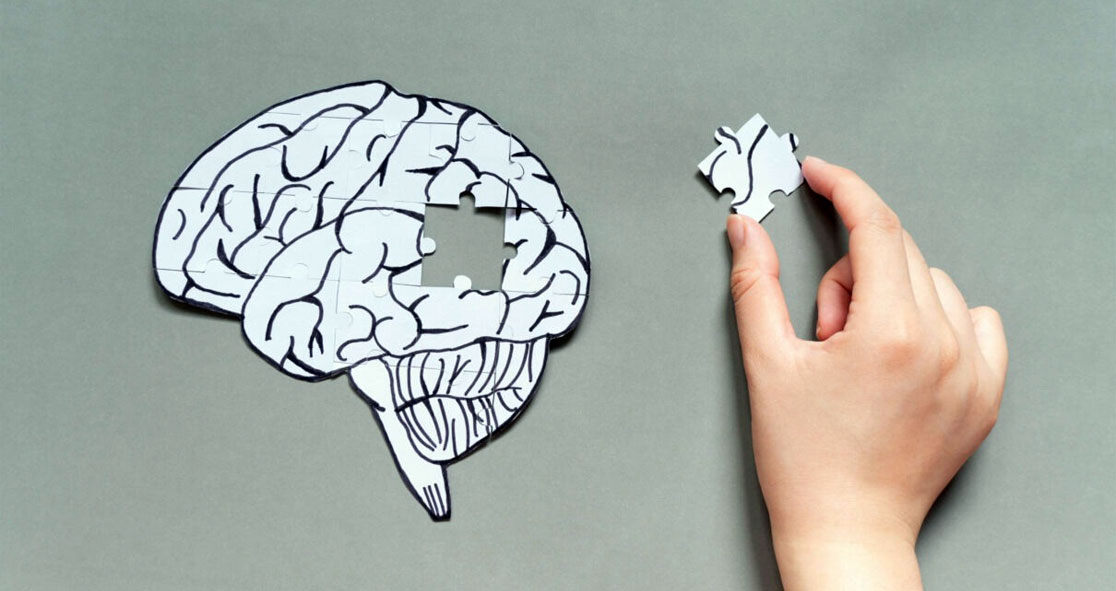A new study by Osaka City University, Japan, has found that a combination of rifampicin and resveratrol, administered nasally, could stop dementia and improve cognitive functions, according to EurekAlert.
Initially, researchers conducted the study on the mouse model using the antibiotic rifampicin. They found that the drug removed oligomers from the brain and improved cognitive function. However, the antibiotic has been associated with side effects, including liver damage. The researchers then added resveratrol, an antioxidant found in plants.
Lead investigator of the study Prof. Takami Tomiyama said, “To combat the negative side effects of the existing drug rifampicin, we thought of combining it with the hepatoprotective effects of resveratrol.”
The researchers administered a fixed dose of rifampicin and resveratrol intranasally for five days a week, for a total of four weeks to mice models of Alzheimer’s disease and dementia.
The study, published online in the Swiss scientific journal Frontiers in Neuroscience, found that the combination significantly improved the cognitive function of the mice. It also found that the combination of rifampicin and resveratrol inhibited the accumulation of oligomers.
Oligomers are formed when the proteins amyloid-β, tau, and α-synuclein accumulate in the brain, which are commonly seen in patients with dementia.
The study’s first author Tomohiro Umeda said, “The number of patients with dementia has been increasing all over the world, with some sources predicting a doubling of patients every 20 years. However, there is still no effective treatment for the disease.”
“Recent studies have shown that abnormalities begin to appear in the brains of dementia patients more than 20 years before the onset of the disease,” added Umeda.
The researchers hope to diagnose and prevent dementia before the nerves die by drug repositioning or repurposing – the process in which the existing drugs are tested for other indications.
In addition, the team believes that nasal administration of rifampicin and resveratrol would increase drug transferability to the brain. They use a dose of 0.02 mg of rifampicin per mouse per day, or 1 mg/kg/day considering a mouse weight of 20g.
Prof. Tomiyama said, “Converted to a human dosage based on body surface area, it becomes 0.081 mg/kg/day. Currently, rifampicin is prescribed at 10 mg/kg/day as an antibiotic and compared to this, we confirmed an effect at a much lower dosage.”
Medilab RFP is carrying out the development of a fixed-dose combination of rifampicin and resveratrol nasal spray. After the study was published, it has begun preparations for human trials. Medilab RFP focuses on designing and developing innovative medicine for neurodegenerative disorders.





















